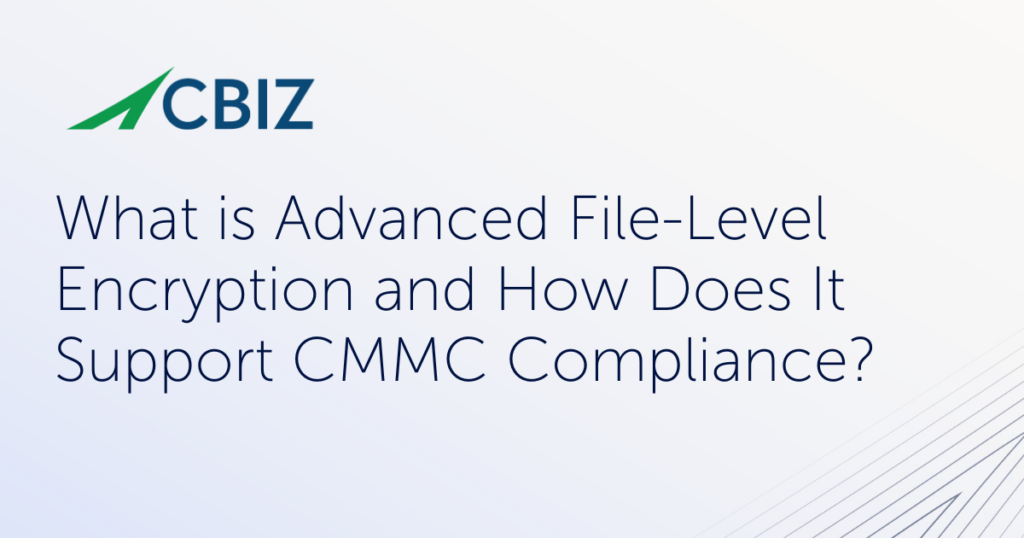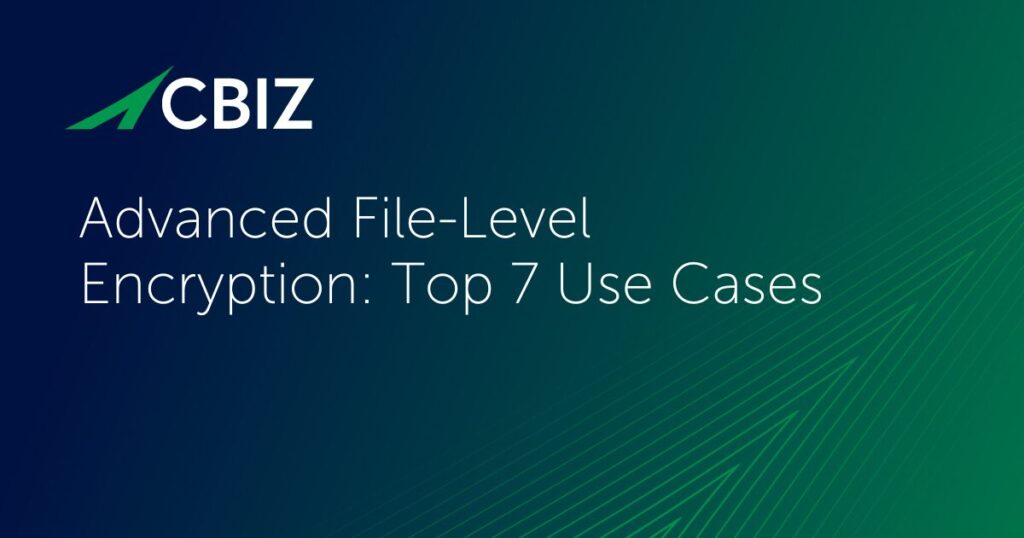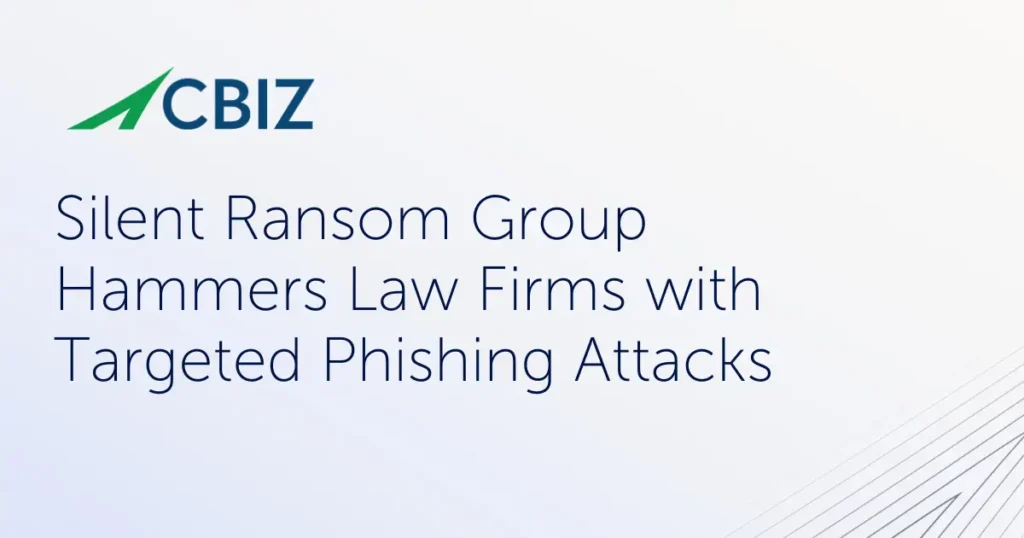Last Updated on February 18, 2025
One of our recent episodes in our Virtual CISO Podcast series isn’t about technology or the job market or the CISO role….
It’s about something far more fundamental—coping with the stress that many of us face daily in our profession.
Information security is highly stressful even without a pandemic going on, and the results of relentless stress exposure include shortened job tenures, decreased work performance and an increased risk of physical and psychological illness, especially heart disease.
To open up a dialog on this largely undiscussed topic, podcast host John Verry, Pivot Point Security’s CISO and Managing Partner, spoke with holistic cardiologist, author and thought leader Dr. Joel Kahn, who also happens to be John’s doctor. This could be the most interesting and professionally relevant podcast episode we’ve recorded to date.
Dr. Kahn is all about preventive testing and knowing where you stand in terms of cardiovascular health.
As you probably know, heart disease is the number one cause of death in both men and women, virtually worldwide. “Upstream, find out early, don’t wait ‘til you’re in an emergency room. That’s kind of the theme of my practice,” says Dr. Kahn. As InfoSec professionals we know all about risk assessment, so that makes sense, right?
But Dr. Kahn also underscores the predictive importance of something less numbers-driven than testing: attitude and mindset. He points out that “it’s a fine line between stress and enjoying the pressure of performance. Some people… actually enjoy the process; breathe their way through it. And others are slamming their coffee cup and grabbing for donuts.”
The relationship between attitude and health isn’t fully understood, but nobody questions that it’s massive. For example, in a widely reported study of 3,000 heart patients with comparable health factors (age, lifestyle, weight, etc.), those who self-reported their state of health as “very good” had three times the survival rate of those who felt their health was “poor.”
In another dramatic test of the powers of perception…
“It’s a fine line between stress and enjoying the pressure of performance. Some people… actually enjoy the process; breathe their way through it. And others are slamming their coffee cup and grabbing for donuts.”
A major study of elderly subjects found that viewing one’s health as poor roughly doubled the risk of death within five years—overpowering all other factors, including existing heart disease and smoking.
It’s known that chronic stress elevates blood pressure, disrupts the immune system (not ideal right now) and damages our DNA, which can cause us to age more quickly. And as Dr. Kahn reminds us, stress also increases the risk of arterial blockage. Conversely, a positive view supports better health, possibly by reducing the inflammatory damage caused by stress hormones.
What can we do to change our view? Dr. Kahn suggests that gratitude is the best attitude: “There’s always problems. I have them, too… I own restaurants. But gratitude for at least being in the game does help to de-stress.”
In other words, it benefits human health to approach life circumstances with a positive, productive attitude.
“But the adverse effects of stress… ultimately, day after day, can impact the health of your arteries and therefore the health of your heart, the health of your brain,” continues Dr. Kahn. “We have to learn some strategies to recognize when we’re stressed to deal with it in a healthy manner.”
“I believe in abundance and not scarcity; so I think it’s a great time to believe. Just need some tools,” Dr. Kahn reiterates.
To find out more practical ways that information security professionals and others can prevent or even reverse stress-related heart disease, view the whole podcast.
To start a positive conversation on meeting your information security goals, contact Pivot Point Security. Back to Blog



























